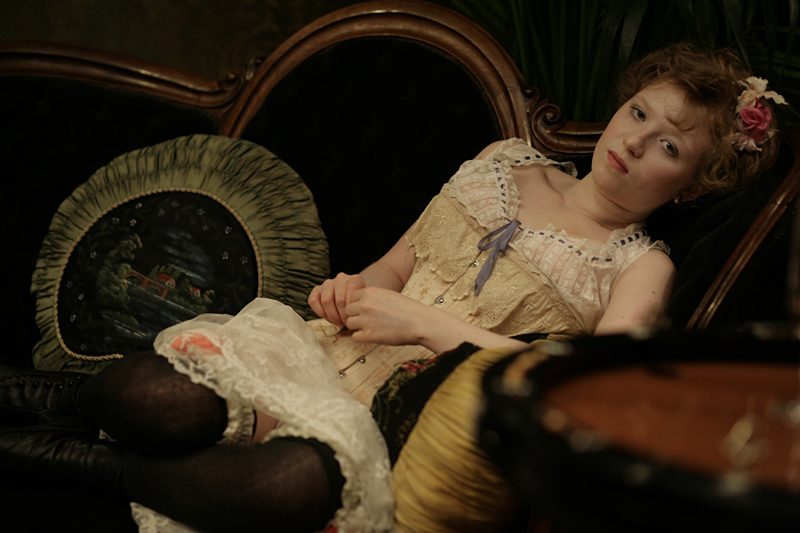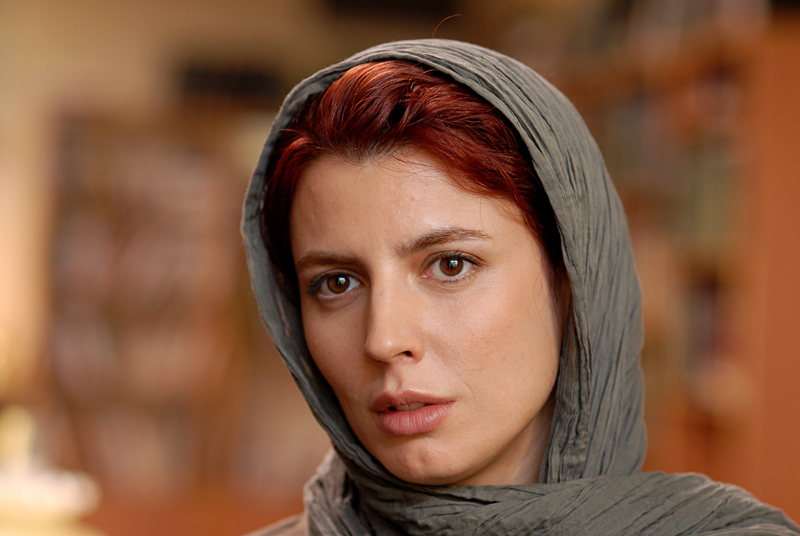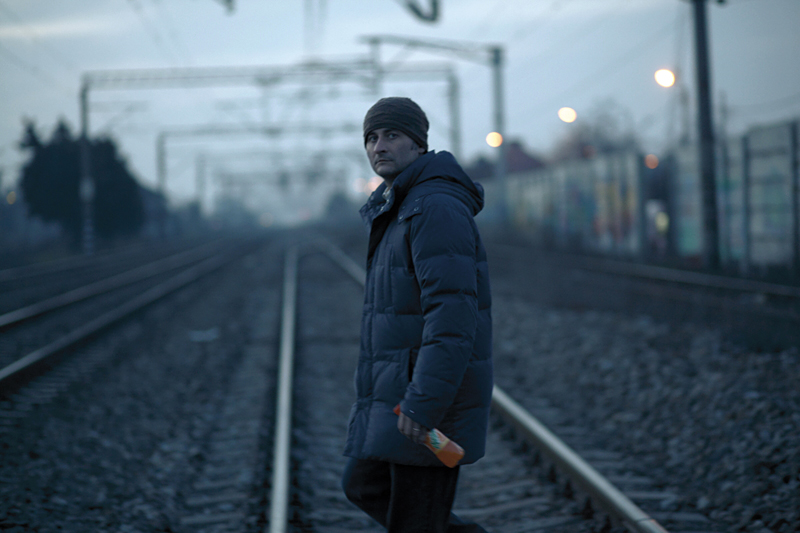Pedro Costa, legendary for his intimate, epic, underlit, and often inaudible portraits of Lisbon slum dwellers, here ponders the mystery of the contemporary French actress-turned-(or-perhaps-playing)-chanteuse, Jeanne Balibar. Something between a portrait and a performance doc, Ne change rien opens with Balibar’s fabulously deadpan cover of Kris Jensen’s pop rockabilly lament “Torture,” but, not a filmmaker to follow one crowd-pleaser with another, Costa immediately risks losing the audience with half an hour of Balibar’s relentless drone scatting a single verse. Accompanied for much of the movie by a single reverb-heavy guitar and a snare drum, Balibar demonstrates a carefully calibrated lack of affect and a voice as smoky as a carton of Gitanes. Typically, one-fifth of the screen is illuminated, the extreme chiaroscuro lighting rendering the singer’s harlequin-featured face as a crescent moon in the inky void. Ne change rien is entrancing—literally. I saw it at a 10 a.m. screening in Cannes and stumbled out as if from an after-hours bar. On one hand, the movie is powerfully soporific; on the other, it has a controlled, hypnotic, Sufi energy. The cinematography is stunning and beyond atmospheric. The music is highly intelligent. Balibar as Balibar is undeniably charismatic. When toward the end she appears on a Tokyo stage, discreetly gyrating in tight jeans and an off-the-shoulder sweater, to fervently intone the theme from Johnny Guitar, she’s nothing less than the muse of cinema. (The film plays as part of the week-long Earshot Jazz Film Festival, which also includes three short-run documentaries.)
Ne change rien: A Musical Salute to French Cabaret Star Jeanne Balibar








